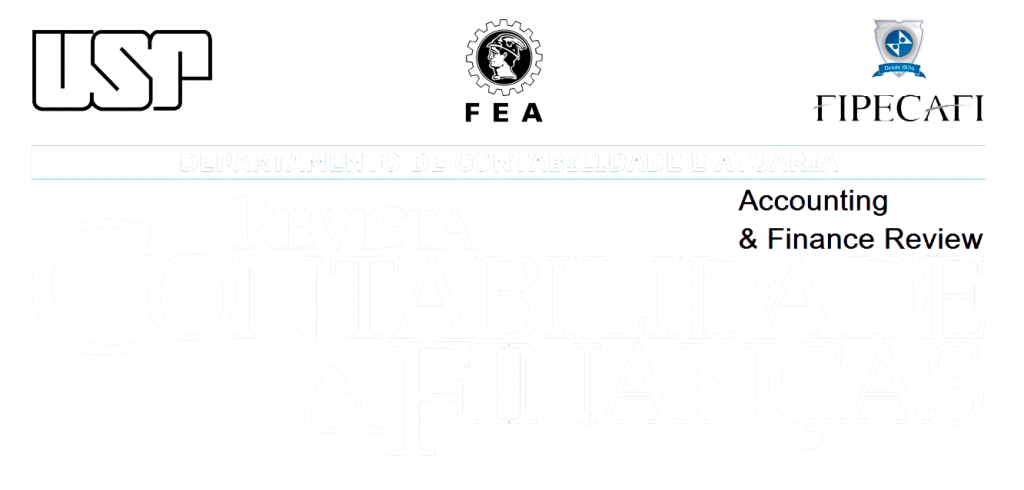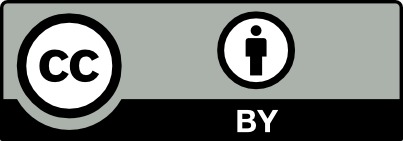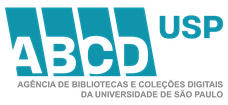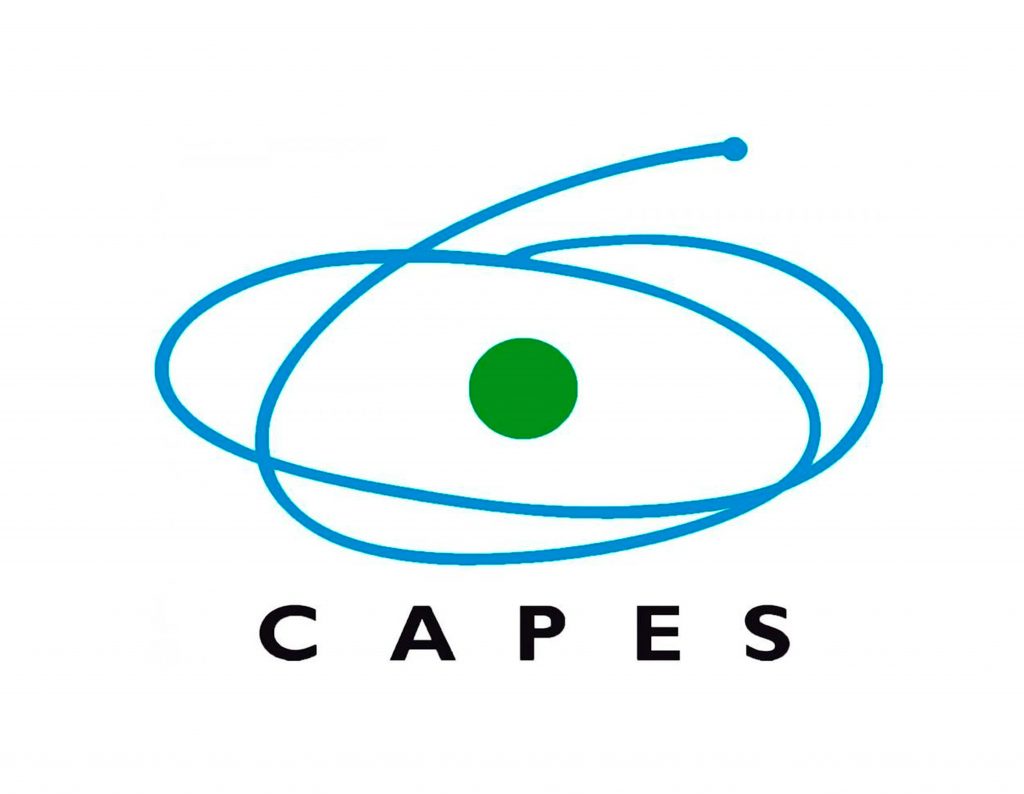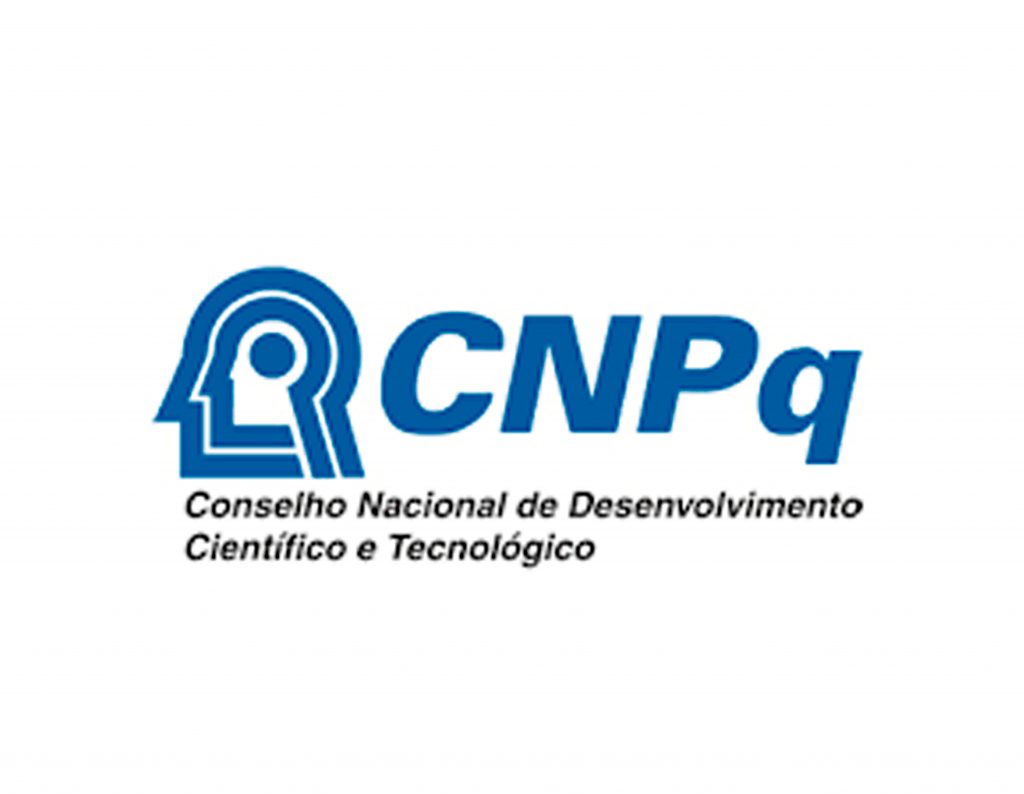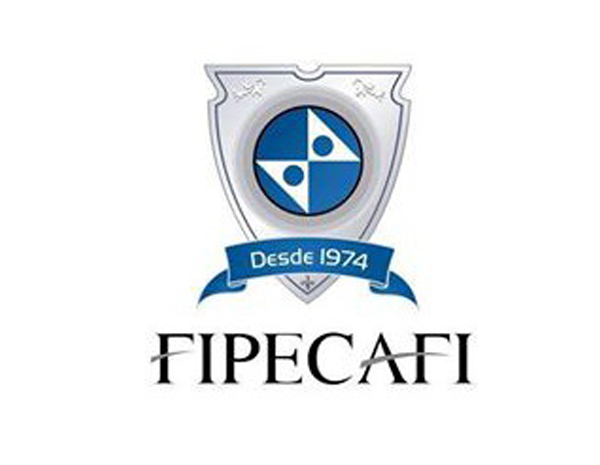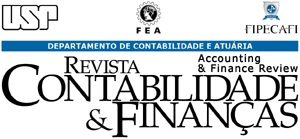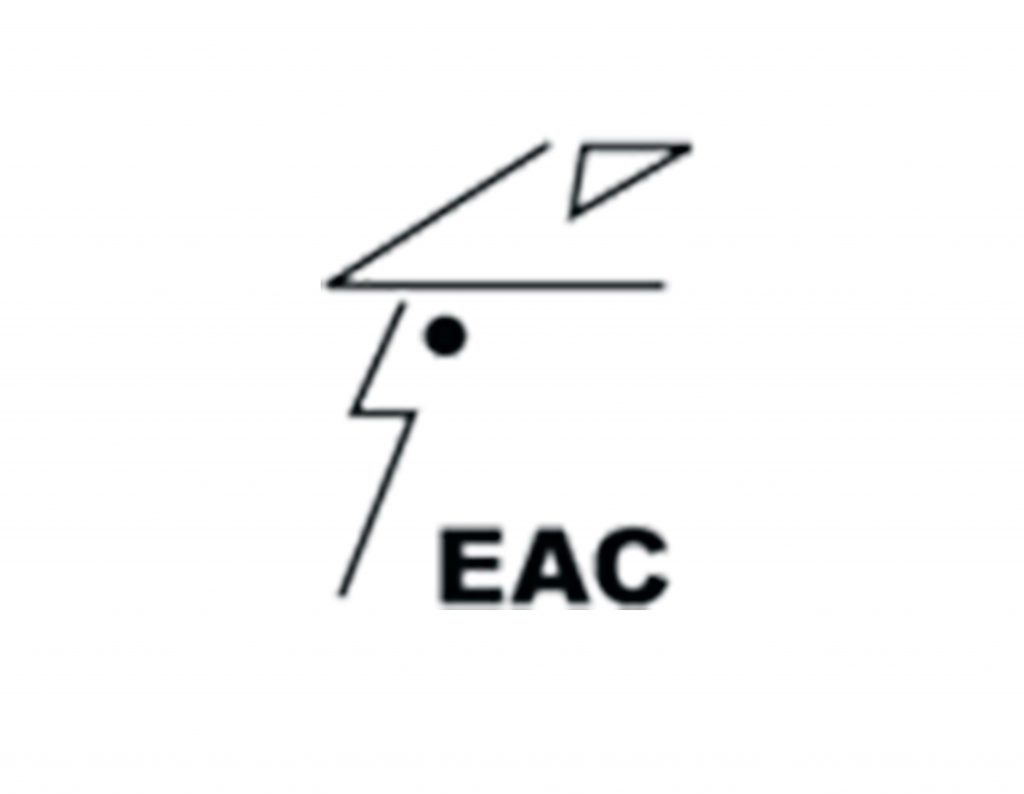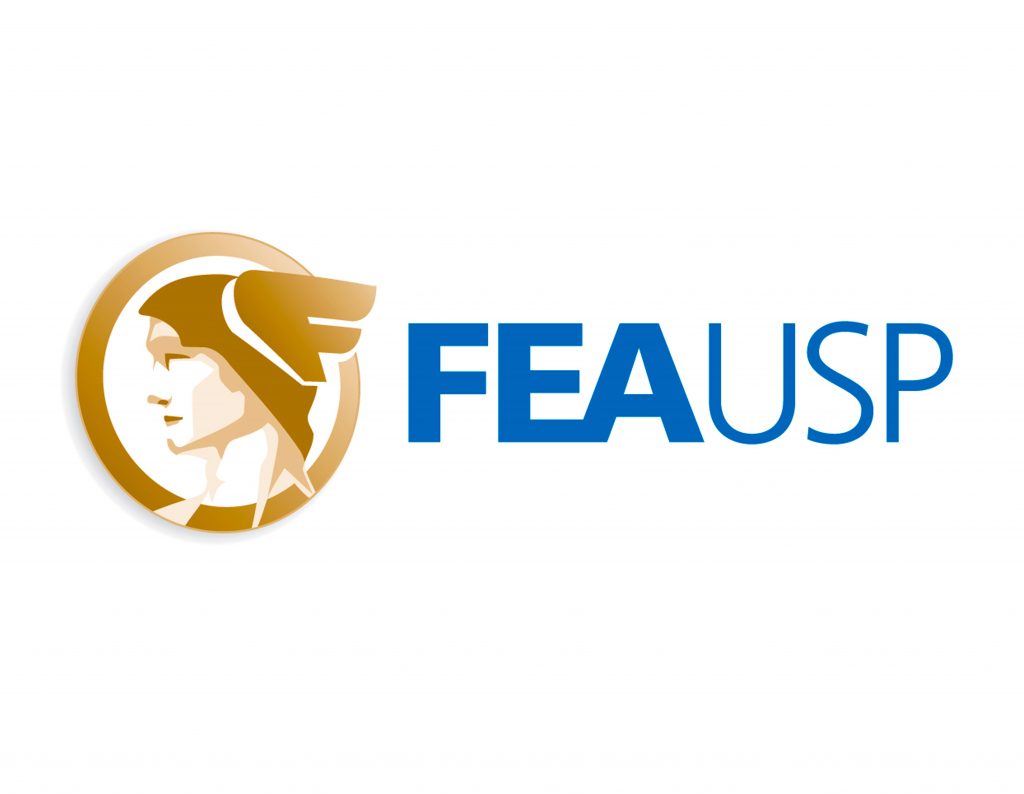RC&F evaluates the articles by focusing on the quality and experience of the researchers. Thus, the desk analysis process takes into account a set of relevant elements not only for the article’s approval and publication, but also for the article’s citation.
The elements considered are:
- Editor-in-chief send the article to the associated editor(s) using ScholarOne system. The elements that should be discussed among editors are:
- Is it in scope?;
- Attractiveness (elements that could make the article interesting for RC&F);
- Is it innovative?;
- Gap;
- Problem;
- Research question;
- Hypotheses;
- Referential and construct;
- Methodology;
- Outliers (if applicable); and
- Formal writing questions.
- Editor-in-chief and associated editor(s) analyze the elements mentioned and decide whether the article will be forwarded for peer review or not.
The journal establishes goals, in terms of deadline, for the development of activities. The goals are:
- Desk: 90% of submissions must be finished within 30 days;
Desk analysis finishes when the editors send the article to the reviewers or when the editors inform to the authors that the article’s analysis will not continue.
- Review: 90% of submissions must be finished within 180 days.
When the article is sent to the reviewers:
- The reviewer has a deadline to answer whether or not he accepts the invitation;
- When accepting the invitation, the reviewer will have a deadline, which may be extended depending on their availability;
- Points to be reviewed by the reviewers:
- Strong points;
- Weaknesses;
- Suggestions about the theme, methodology and methods, as well as the literature that supports research and findings; and
- The results, if derived from the research findings.
PEER REVIEW PROCESS
Ad-Hoc reviewers (Peer Review)
Ad-Hoc Reviewers develop analysis of articles from a set of elements defined in a template, such as interest to the journal, methodology, references, clarity, and so on. They shall recommend small changes in the article, indicate it for publication, suggest a revision or reject it. These allowances are used by the Editor-in-Chief, having heard the Associate Editors opinions for the decision to accept or not articles.
RC&F Ad-Hoc Reviewers are recognized experts in the academic community, nationally or internationally, distributed both in terms of their scientific fields of expertise and of geography, covering different regions of Brazil and other countries. Reviewers are invited by the Editor-in-Chief to be part of the journal’s researchers group and, within their areas of speciality, the invitation is extended to analyze the articles.
The choice of Ad-Hoc Reviewers for each article is made by the journal’s Editor-in-Chief, having heard the Associate Editors opinions.
